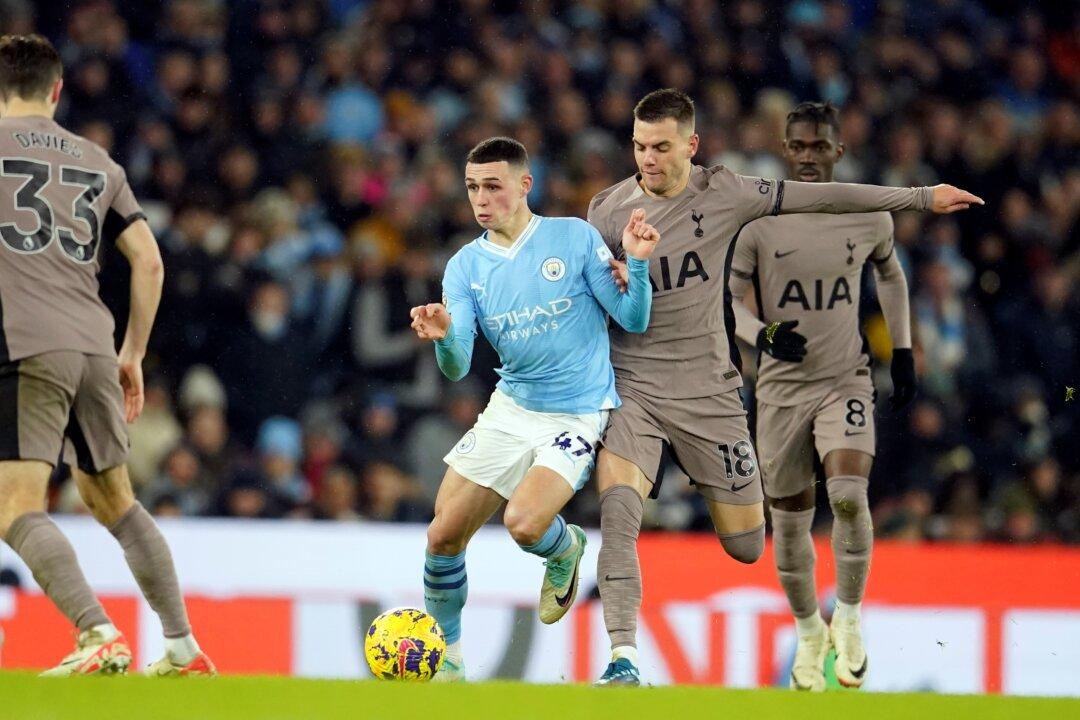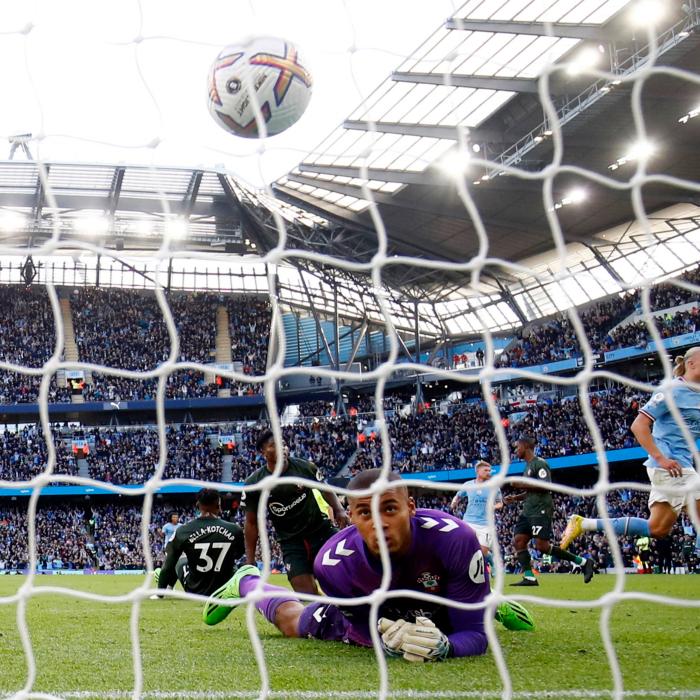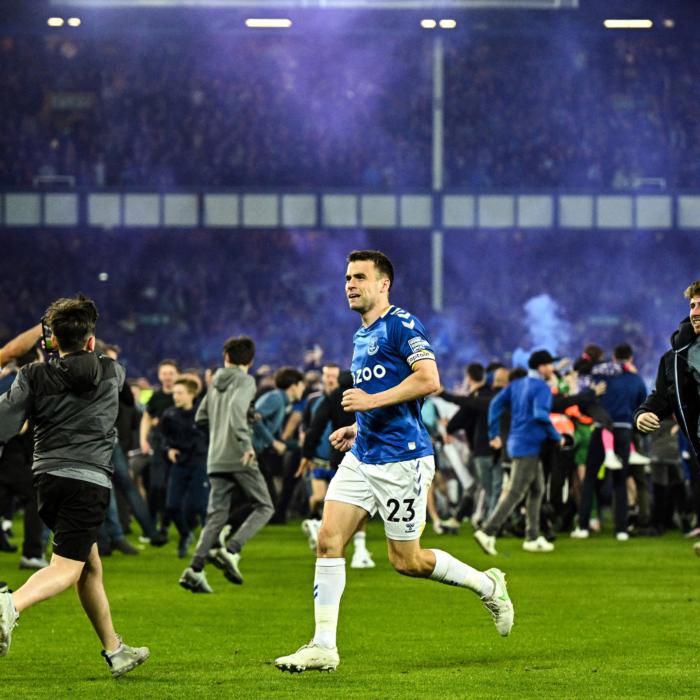The Premier League has warned of “unintended consequences” as the government published its Football Governance Bill, which will set up an independent regulator.
The bill was introduced in Parliament on Tuesday and Culture Secretary Lucy Frazer said, “The new independent regulator of football will set the game on a sustainable footing, strengthening clubs and the entire football pyramid for generations.”
Prime Minister Rishi Sunak said: “Football has long been one of our greatest sources of national pride. Up and down the country, it brings people together in celebration or commiseration.”
“But for too long some clubs have been abused by unscrupulous owners who get away with financial mismanagement, which at worst can lead to complete collapse, as we saw in the upsetting cases of Bury and Macclesfield Town,” he added.
In 2019 Bury became the first club to drop out of the football league owing to financial problems since Maidstone in 1992.
In January fans of Reading mounted a pitch invasion and forced the abandonment of a match during a protest against the club’s Chinese owner, Dai Yongge. Last week Mr. Dai controversially agreed to sell the club’s training pitch to rivals Wycombe for £25 million.
Bill ‘Could Weaken the Competitiveness of English Football’
The Premier League said: “With our clubs, we have advocated for a proportionate regime that enables us to build on our position as the most widely watched league in the world.“Mindful that the future growth of the Premier League is not guaranteed, we remain concerned about any unintended consequences of legislation that could weaken the competitiveness and appeal of English football,” it added.
English Football League (EFL) Chairman Rick Parry welcomed the bill and said he hoped it would “help fix the game’s broken financial model.”
Precise details of what powers the regulator would have are yet to be unveiled, but the government has suggested it would offer binding arbitration in disputes between the Premier League and the EFL, which represents the second, third, and fourth tiers of football in England and Wales.
Scotland and Northern Ireland have their own footballing pyramid structures and would not be impacted by the regulator.
The Premier League and the EFL are currently mired in dispute about how much money the former should offer the latter in trickle-down payments, aimed at subsidising smaller and less wealthy clubs.
No offer was forthcoming ahead of a meeting on Monday and Caroline Dinenage, chair of the Culture, Media, and Sport Select Committee said the Premier League had made an “empty promise,” while the EFL said it was “clearly disappointed” at the Premier League’s “repeated failure” to engage.
Mr. Parry told MPs in January they were hoping to get 14.75 percent of the net media revenues earned by the EFL and the Premier League, which would give lower division clubs £900 million extra over six seasons.
The new regulator would have the power to assess prospective new owners and directors and disqualify them from running clubs.
Labour’s shadow culture secretary Thangam Debbonaire accused the government of “time wasting” and said, “We’ve long been calling for an independent regulator for football to give fans a greater say in the way their clubs are run, tackle poor governance, and prevent bad-faith ownership.”
“For too long fans up and down the country have been forced to watch their clubs pushed to the brink,” she said.
Ms. Debbonaire said, “We will scrutinise the proposals of the bill carefully and work to ensure the new regulator has the powers it needs to protect clubs which are the beating heart of towns and cities across the country.”







